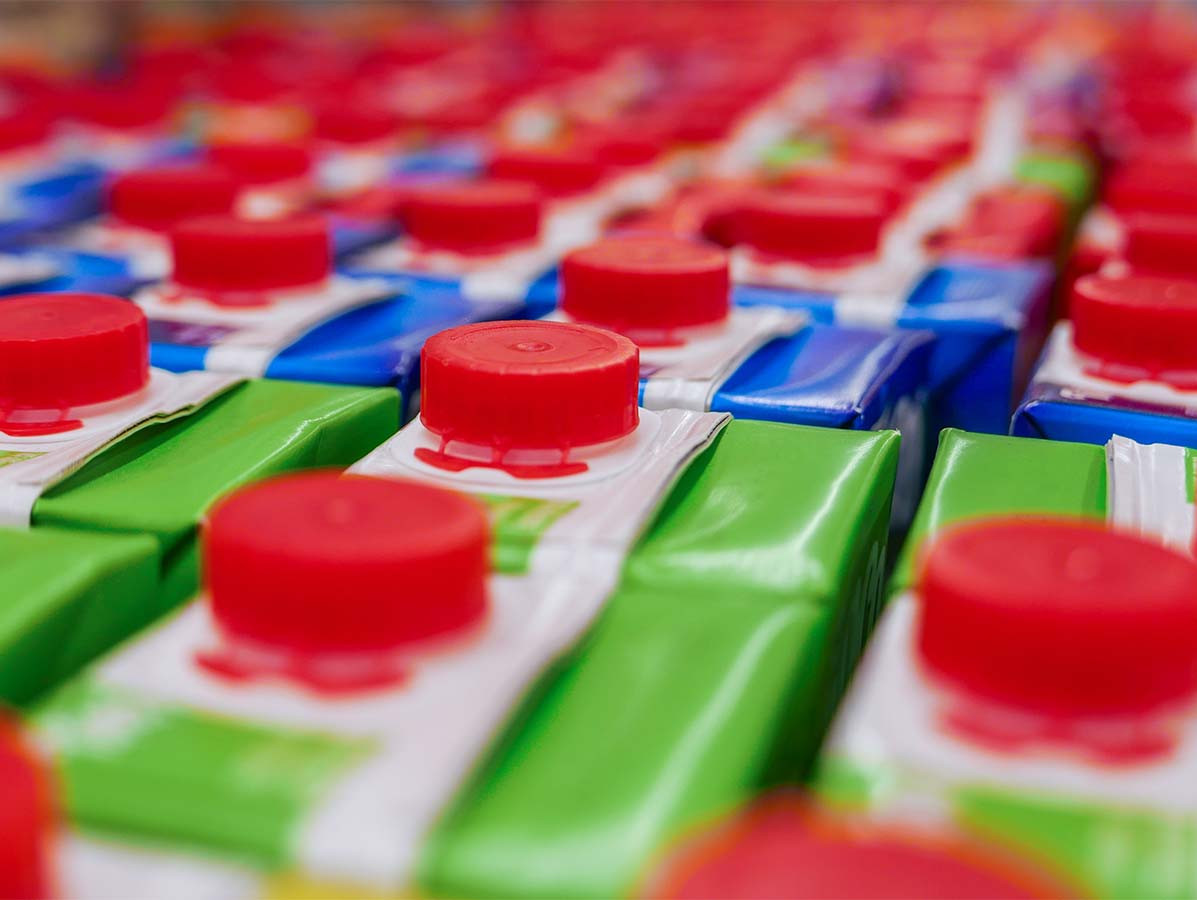
Kennisinstituut Duurzaam Verpakken (KIDV) has released an updated version of its factsheet on beverage cartons. These cartons, as in 2023, are classified as 'moderately recyclable.' While the paper fibers in beverage cartons can generally be recycled effectively, the recycling process for the plastic and aluminum components is still in development.
In Europe, new recycling facilities have been established to scale up the processing of plastic and aluminum from beverage cartons. A recurring issue in the recycling of packaging waste, particularly from post-separation, is the presence of food residues. These residues often cause odor problems, which the industry is actively working to address. Further advancements in recycling technology are needed to ensure that these components of beverage cartons can be processed more efficiently.
The updated factsheet from KIDV also highlights the importance of better design for recycling. Factors such as size, recognizability, and the amount of residual product play a critical role in this. To be eligible for the 'highly recyclable' classification, beverage cartons will need to be assessed using the recycling check that KIDV plans to publish later this year. Additionally, the new factsheet adopts a broader definition of beverage cartons, as outlined in the 2023 Besluit Beheer Verpakkingen. This means that water-resistant trays and cups now also fall under this category, alongside traditional beverage cartons.
View the updated beverage cartons factsheet (Dutch only).
Kidv.nl
Image: ©Tawan Ramtang/Shutterstock.com
Source: Verpact